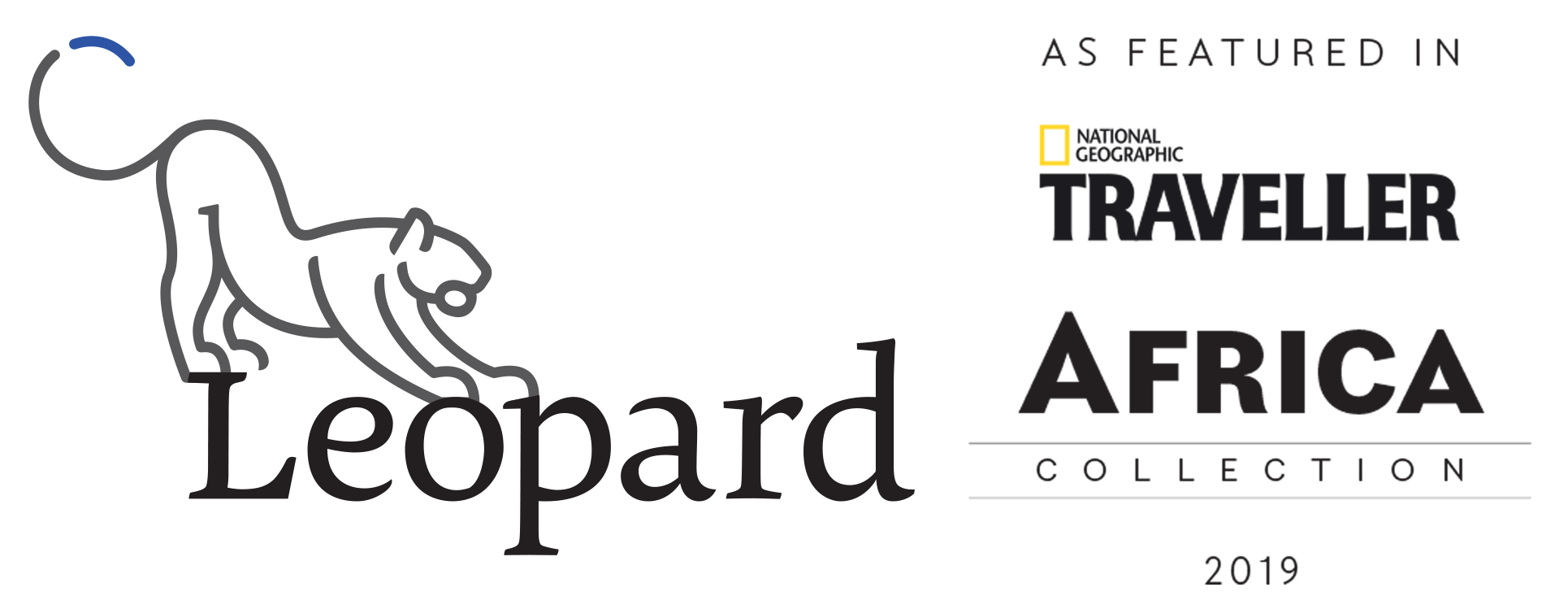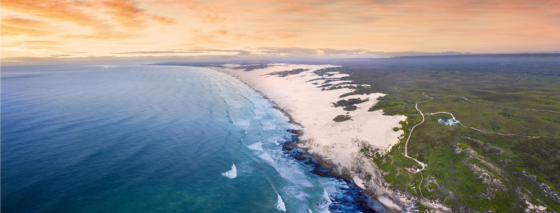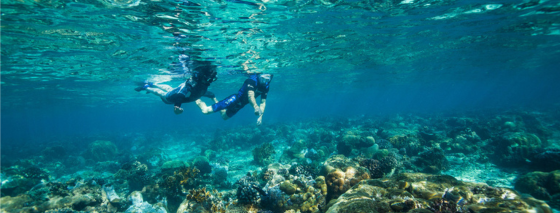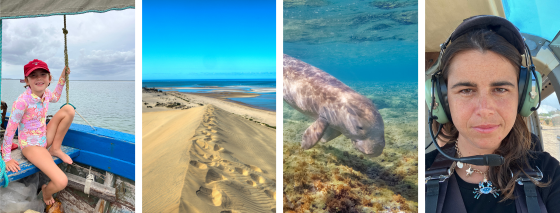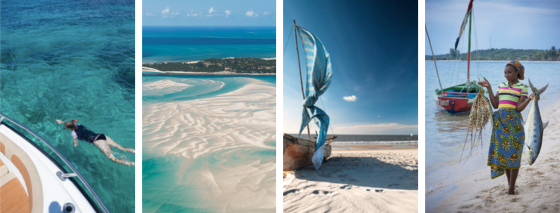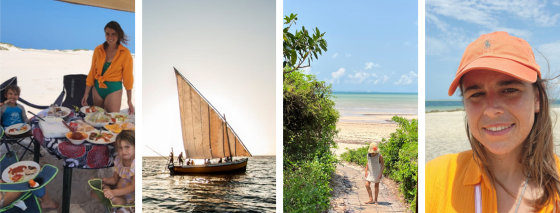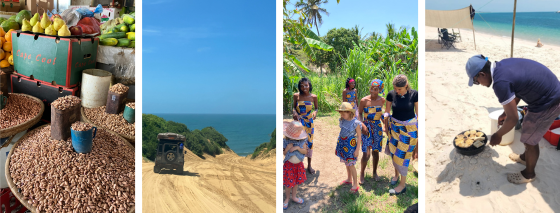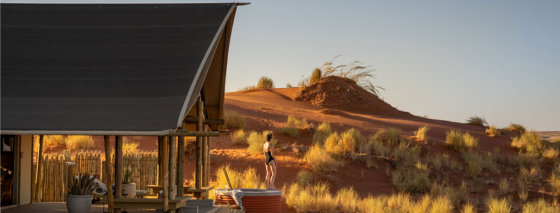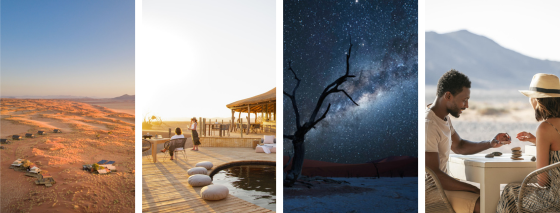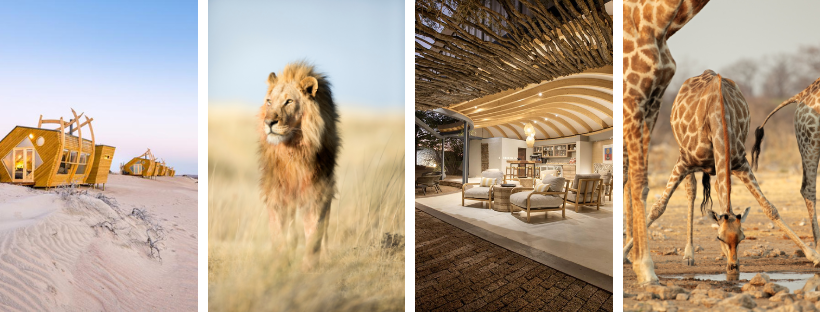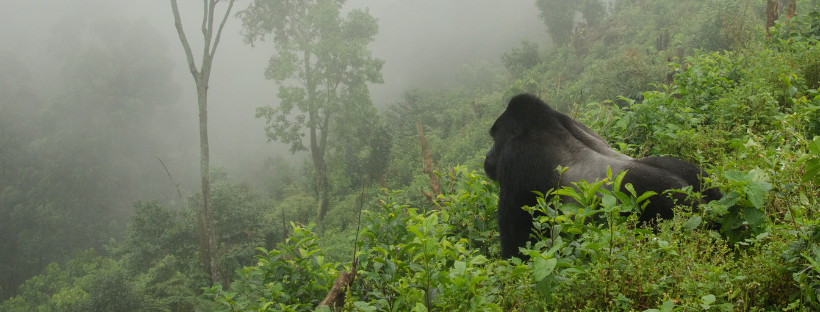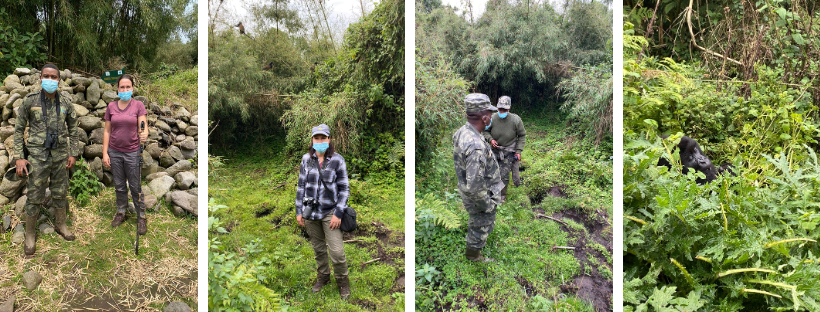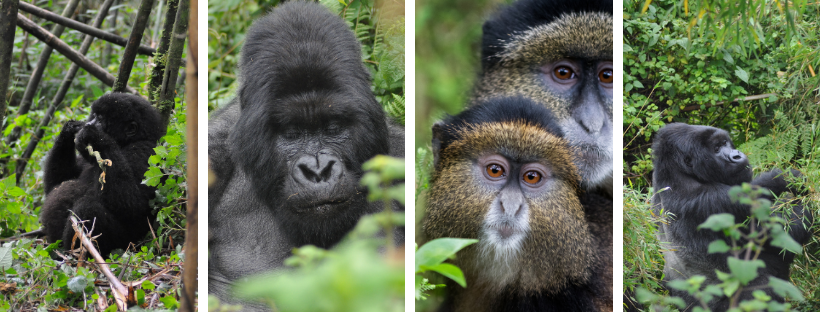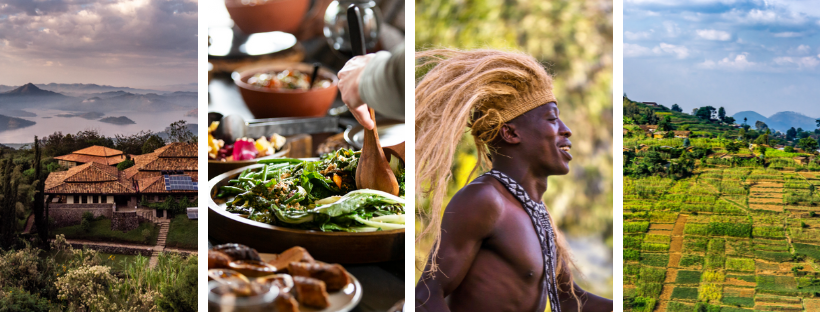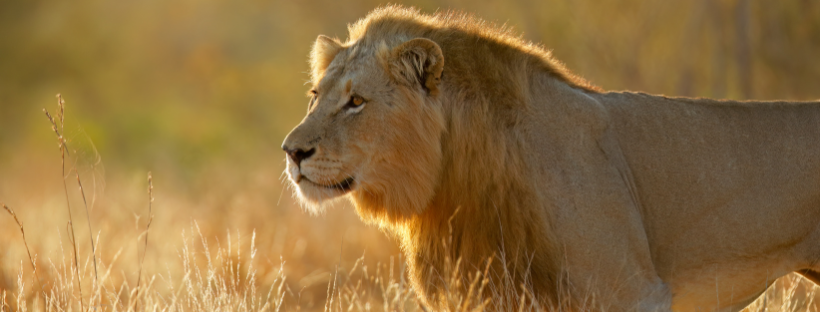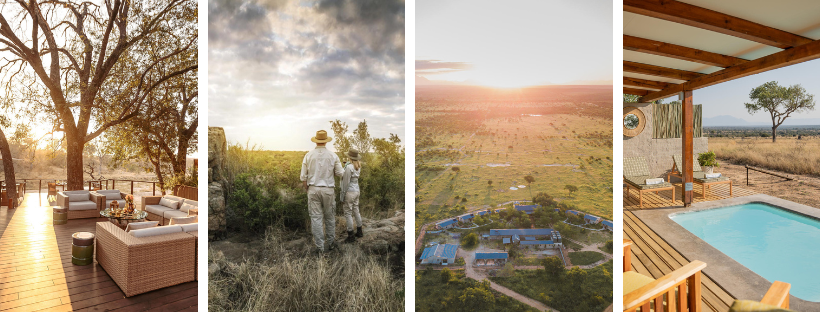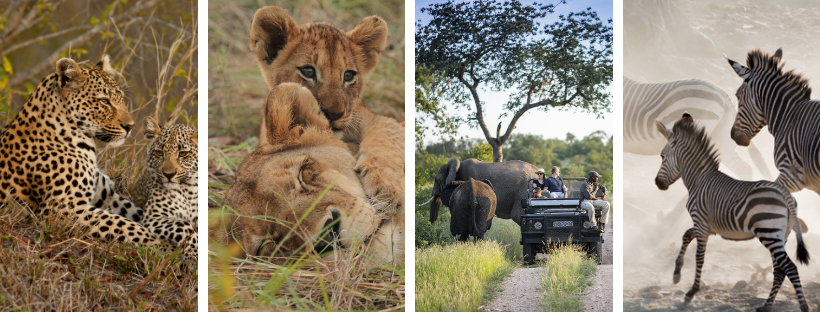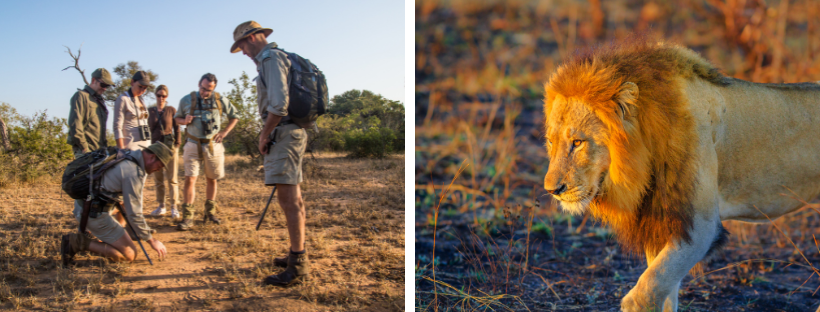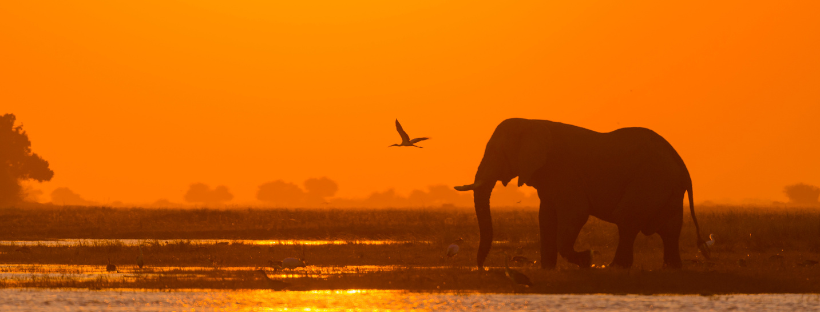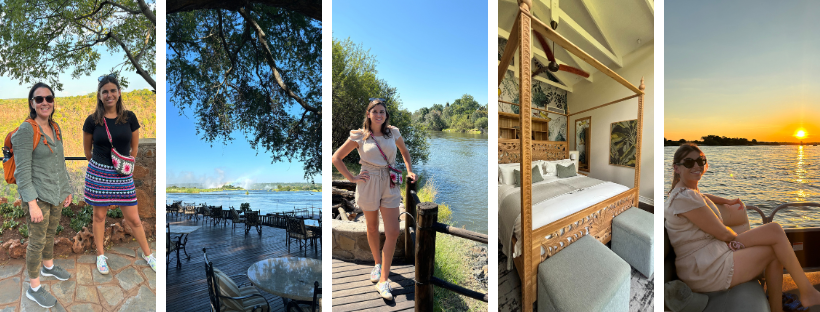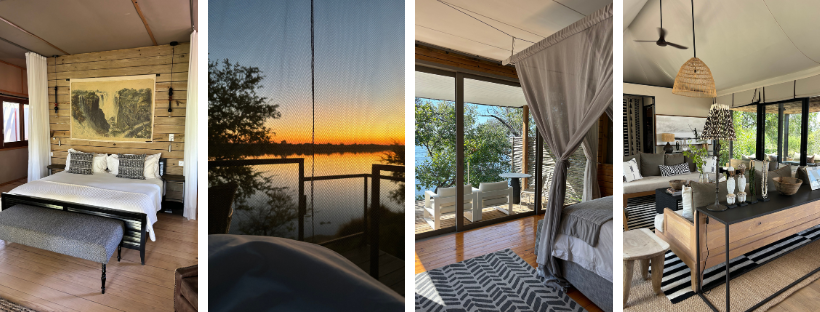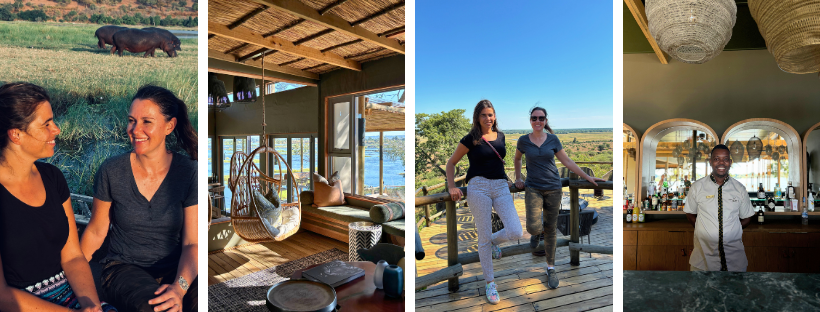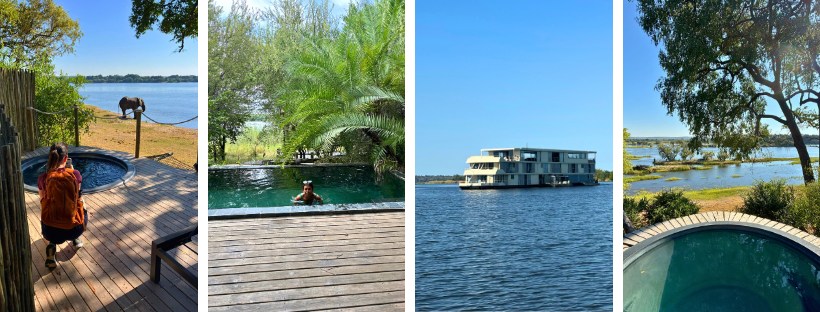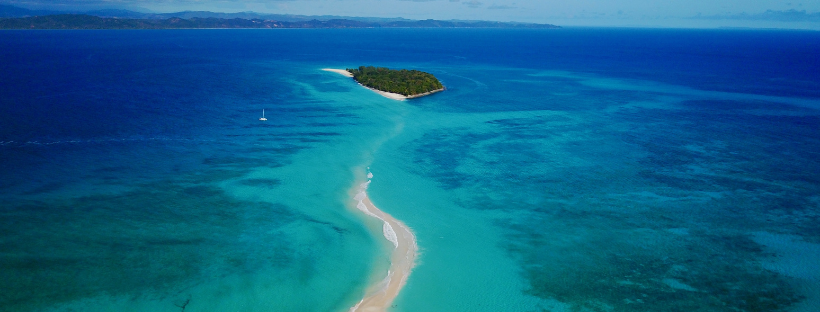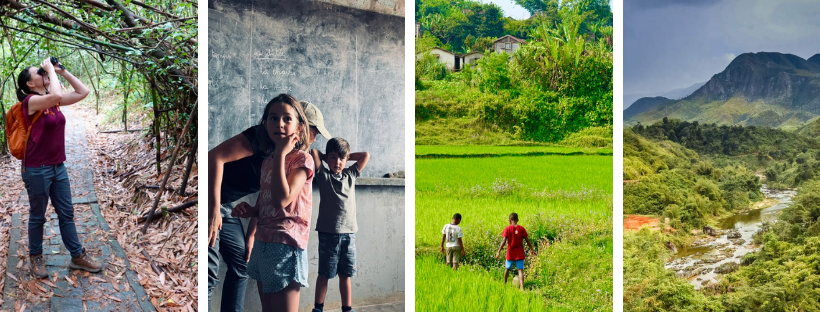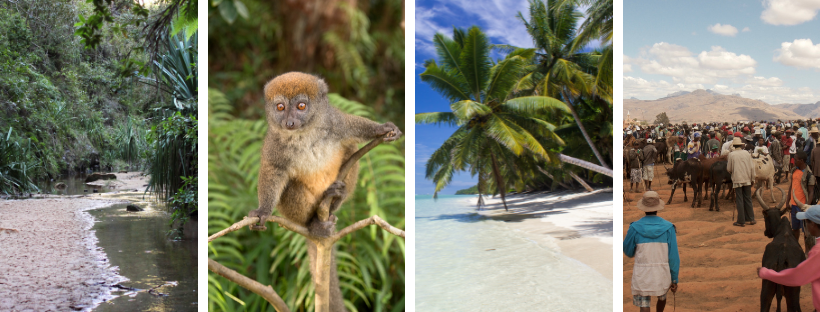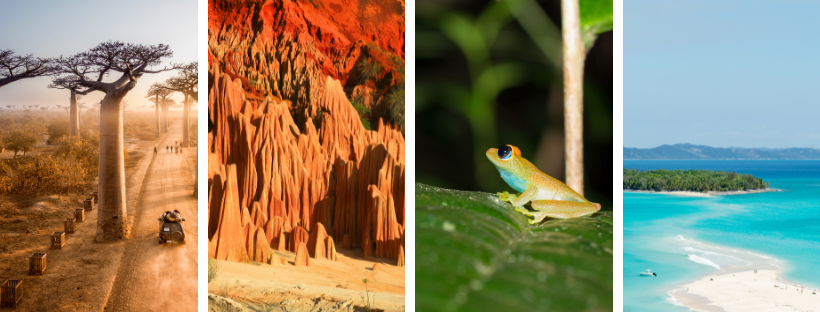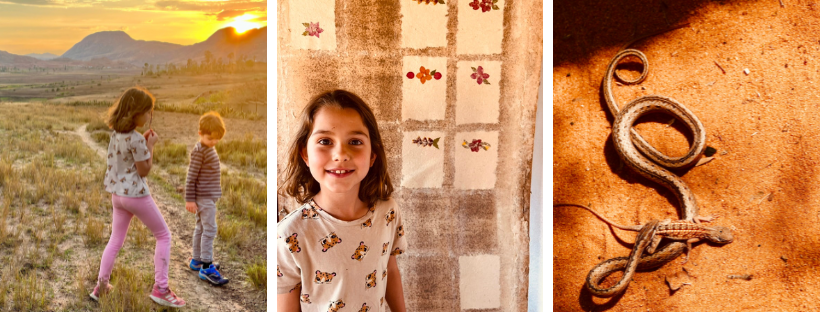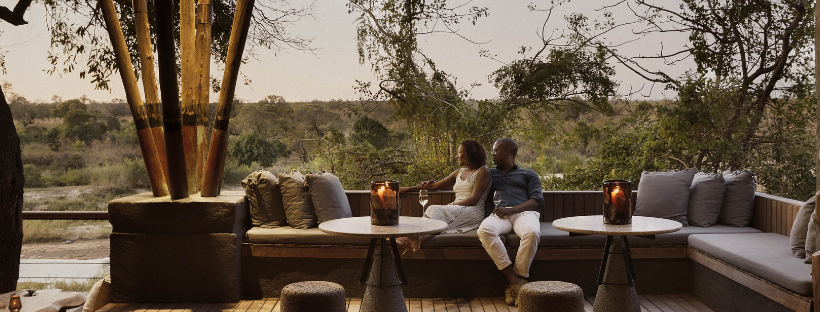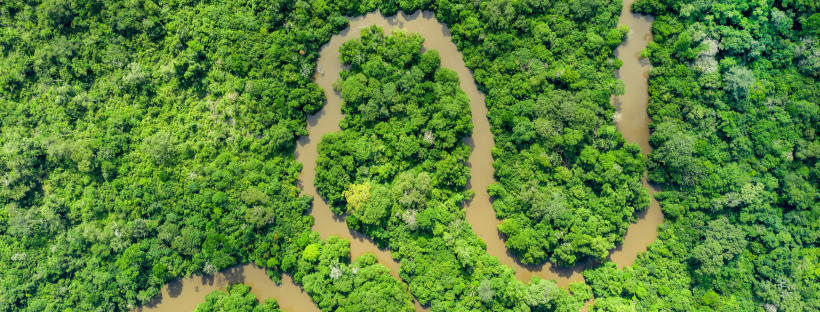5 Benefits of planning your December vacation now
There are several advantages to planning your December holiday travel now. Before we share those with you, here’s what one of our clients had to say about working with Leopard.
“Thanks for the trip of a lifetime! There’s nothing like travel organised by a local who has actually visited the places. We are so glad we worked with Diana for our first big Africa trip — 3 weeks across Botswana, Namibia and South Africa for two couples. Diana listened carefully to our preferences and made thoughtful suggestions; she was respectful of our budget and delivered very good value for money; and she was responsive to our questions. Will definitely be back, and we wouldn’t consider working with anyone else.”
We love getting feedback from Leopard travellers. If you’re curious to read more experiences, you’ll find Leopard reviews on Trustpilot.
Benefits of planning your December vacation now
December might seem like a distant speck on the horizon. However, here are some reasons to plan your December getaway to Africa now.
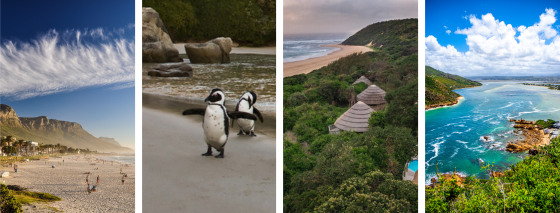
1. Greater availability of accommodation and avoiding last-minute stress
December is notorious for being a busy time with heightened travel demands, crowded attractions (particularly in cities, like Cape Town) and limited accommodation availability.
Even in the African bush, where you’ll be free of crowds, it’s still busier than usual and you’ll want to have secured your ideal accommodation well ahead of time. Beautiful locations with beachfront access, like South Africa’s Western Cape and KwaZulu-Natal provinces, and places like Mauritius, or Mozambique also get booked up ahead of the southern hemisphere’s summer.
By planning early, you increase your chances of securing your preferred lodging, whether it’s a cosy bed and breakfast, a luxury resort, or a charming boutique hotel. You’ll also have access to a wider selection, including places that have unique amenities tailored to your needs.
2. Access to insider tips and recommendations
Planning your December break early gives you ample time to consider recommendations and insights from Leopard’s local travel experts. Whether it’s discovering hidden gems, uncovering off-the-beaten-path attractions, or learning about local customs and traditions, tapping into the collective wisdom of our seasoned travellers at Leopard will help enrich your holiday experience and provide valuable guidance for planning a memorable trip. Insider knowledge will without doubt enhance your itinerary and make your December break truly exceptional.
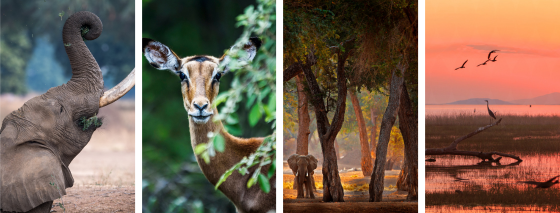
Perhaps you’re planning a family safari and you’re only aware of South Africa’s famous Kruger National Park. Leopard can help you consider other options, for example, Madikwe. This is a big-five safari destination with many family-friendly lodges. It’s also situated in a malaria-free area, which could give you that added peace of mind as a parent. Although the southern hemisphere’s winter months are considered the best game-viewing months, December’s green season has its appeal, with lots of migratory birds visiting the area and young animals that were born in the spring.
3. Securing access to popular attractions
If you’re planning to travel to Cape Town and dine in its culinary hotspots such as The Test Kitchen, La Colombe, Chef’s Warehouse at Tintswalo Atlantic, Fyn, Wolfgat, or The Pot Luck Club, it’s advisable to secure a booking well in advance.
It can be disappointing to travel to a destination only to find that you’re unable to enjoy the activities or experiences you had hoped for because you tried to book too late. Booking ahead for other activities like the Cape Canopy Tour or tickets for the Table Mountain Aerial Cableway will help ensure that your December holiday unfolds the way you hope.
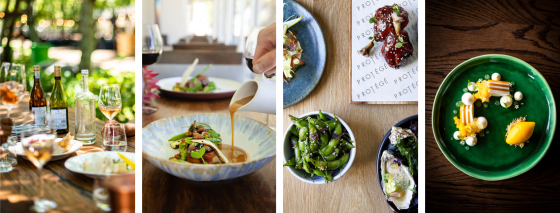
4. Peace of mind and reduced stress
By taking care of your December break plans well in advance, you’ll enjoy the peace of mind that comes with knowing everything is organised and under control. You can avoid the anxiety and stress associated with last-minute preparations, such as securing travel documents and permits or making rushed arrangements.
Instead, you can approach your holiday with a sense of calm and relaxation, knowing that everything has been taken care of well ahead of time.
5. Extended anticipation
One of the often-overlooked benefits of early planning is the extended period of anticipation and excitement leading up to your December break. By laying the groundwork months in advance, you prolong the pre-trip anticipation, allowing you to savour the excitement, plan activities, and countdown the days with eager anticipation.
Studies have also shown that “those who are waiting to go on a holiday are much happier with their life as a whole, experience less negative or unpleasant feelings and thus enjoy an overall net positive effect or pleasant feelings.”
You probably didn’t need scientific research to verify this, as you know that planning your next vacation gives you something wonderful to look forward to and time to dream about your upcoming holiday.
A curated travel experience
Whether you want the perfect honeymoon or family escape, or whether you’re an outdoor adventurer, road tripper, wildlife enthusiast, wine connoisseur, trendsetter, or interested in social impact, Leopard will curate your ideal travel experience.
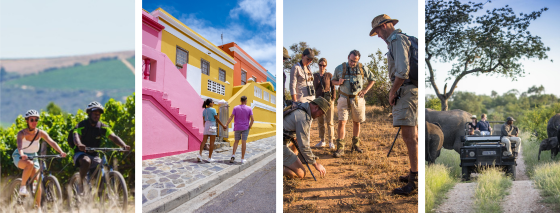
By starting to dream and plan now, we can help you leisurely map out your itinerary, make informed decisions, and allow you to savour the anticipation of your upcoming holiday without the pressure of getting visas or permits in a last-minute rush.
One of the ways Leopard will help you is by removing the tedious need to hunt through impersonal booking sites, or scroll endlessly through Instagram in the hope of finding inspiration. We’ll inquire about your needs and desires and then present a carefully tailored travel plan that dots all the ‘i’s and crosses all the ‘t’s so that you can relax and enjoy a carefree holiday – exactly as you’re meant to.
We’ll also be on hand 24/7 in the unlikely event that something does go wrong. Although these things seldom happen, we once had a family travelling with Leopard and one of the children accidentally left a backpack behind at the airport gate, when they flew home. Fortunately, we managed to locate it immediately, retrieve it and get it back to them in Europe. Had they booked through a large booking site, there may not have been anyone on hand to step in and take care of this. We like to think that, among the many other things like our local knowledge, it’s our personal touch that sets us apart.
If you’d like to start dreaming out your December vacation together, do get in touch.
Happy travelling,
The Leopard team
P.S. While we don’t recommend last-minute bookings if you do find yourself up a creek without a paddle because your travel plans have run aground and you need help to plan something new and exceptional, it’ll be our privilege to step in. Whatever the time frame, we’ll do our utmost to coordinate and deliver a tailor-made solution for you that’s seamless and stress free.
Sign up for more newsletters like this here: https://mailchi.mp/2e4afa50d15f/leopard

